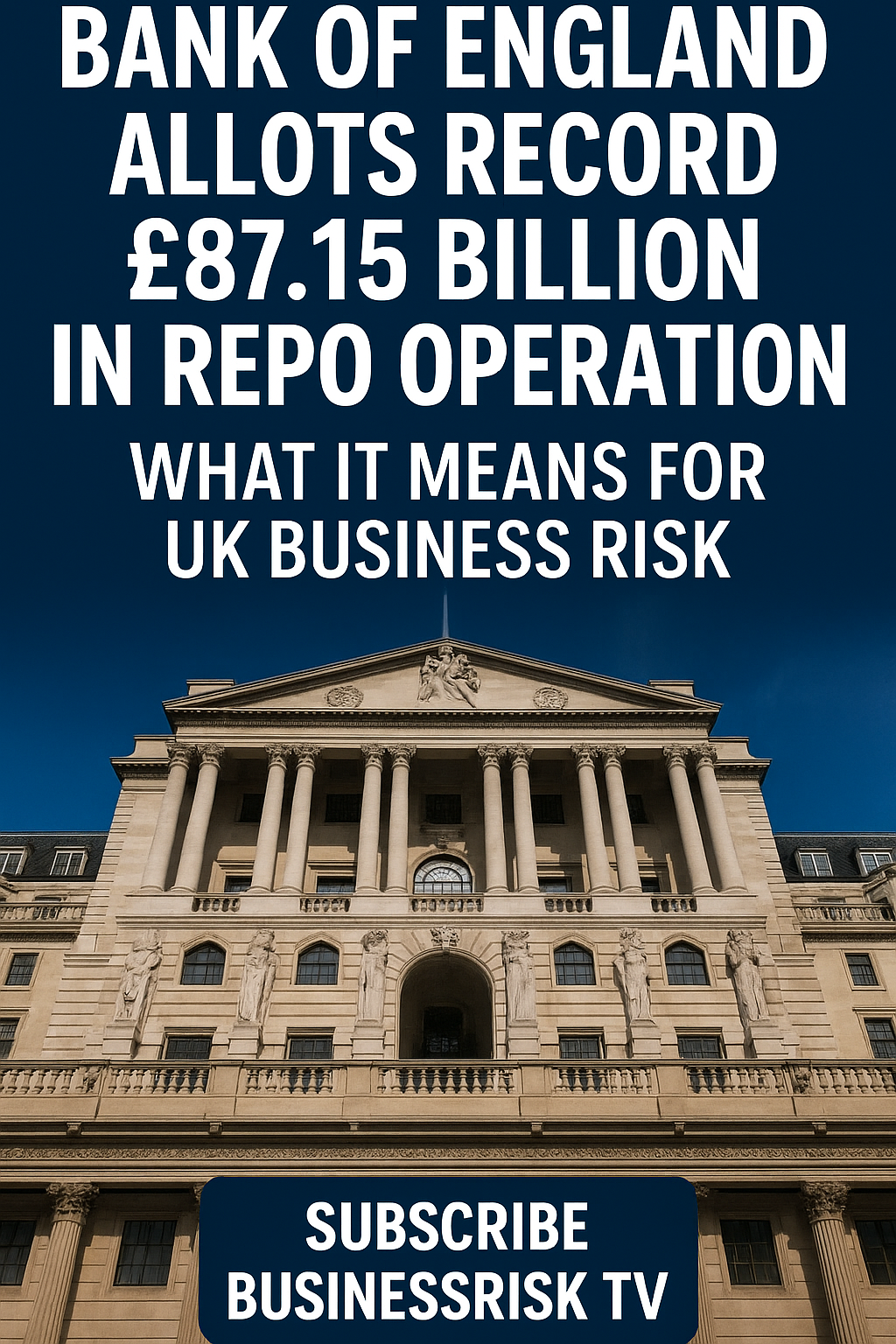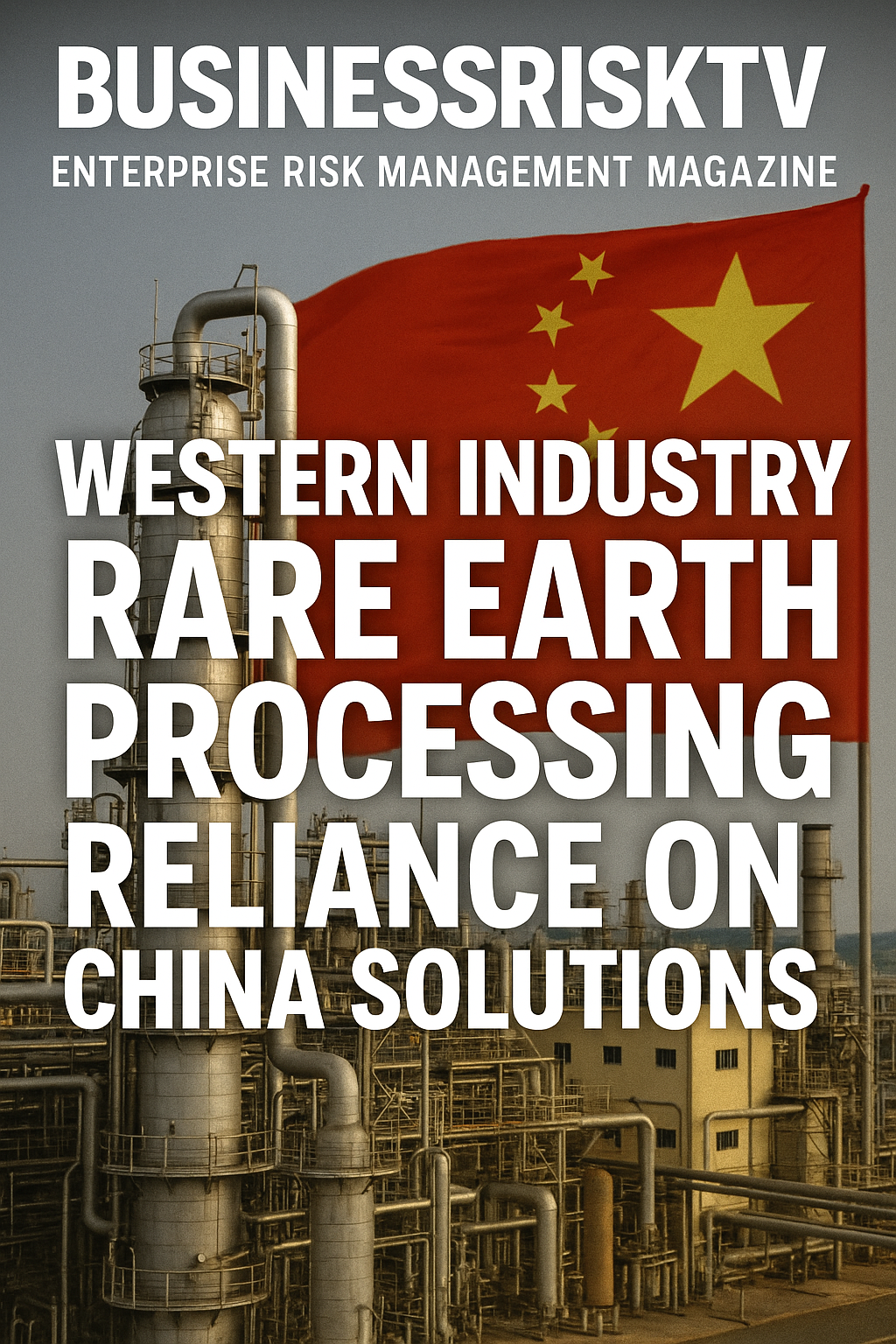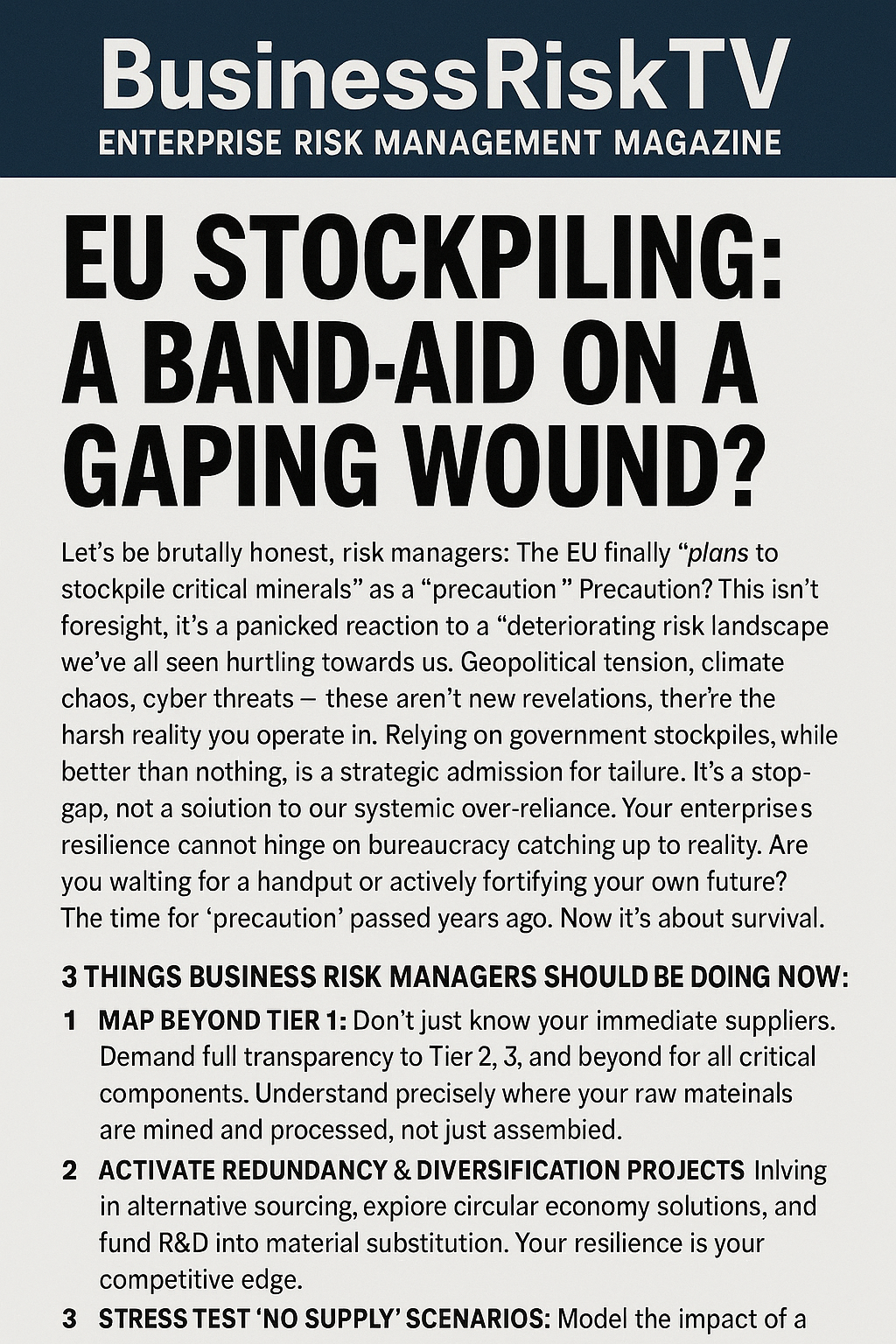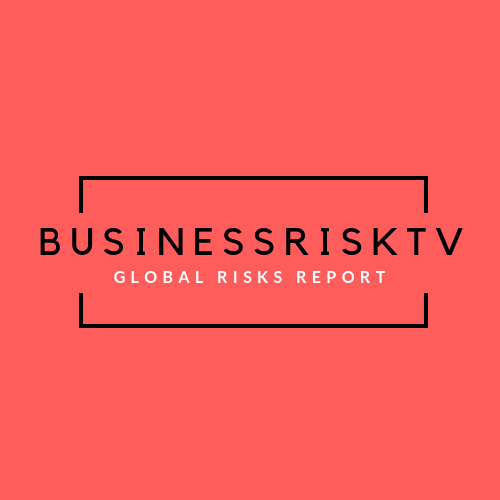Bank of England Allots Record £87.15 Billion in Repo Operation: What It Means for UK Business Risk
The Bank of England’s Record Repo Allotment: A Warning for UK Business? 🚨
The Bank of England recently allotted a record £87.15 billion in a short-term repo operation, a move that provides a substantial injection of liquidity into the UK’s banking system. While this may seem like a routine technical adjustment by the central bank, the increasing reliance on these operations could be a significant red flag for the safety of the UK’s financial system and wider economy.
What Is a Repo Operation and Why Is This a Red Flag?
A repo (repurchase agreement) is essentially a short-term loan. The Bank of England lends money to commercial banks and in return, the banks provide high-quality assets (like government bonds) as collateral. The Bank’s increasing use of this tool is directly linked to its Quantitative Tightening (QT) programme, which involves selling off the government bonds it bought during the era of Quantitative Easing (QE). The purpose of these repo operations is to prevent a potential liquidity squeeze in the financial system as the central bank reduces its balance sheet.
The record allotment is a red flag for a few key reasons:
- Growing Illiquidity: The fact that banks are demanding a record amount of funds from the central bank suggests they may be struggling to find liquidity elsewhere in the market. This could indicate underlying stress in the banking sector and a reluctance among banks to lend to each other.
- Systemic Risk: This reliance on the Bank of England for funding could be a sign of increased systemic risk. If a major bank were to face a sudden liquidity crisis, the central bank would be its lender of last resort. The increasing size of these operations shows the potential scale of that reliance.
- Uncertainty and Instability: A record-breaking allotment, particularly one that exceeds a recent record, creates a narrative of growing instability. This can erode confidence in the banking system and the wider economy, making businesses and investors more hesitant to spend and invest. This uncertainty trickles down to businesses and consumers, affecting everything from investment decisions to household spending.
6 Risk Management Measures for Businesses
In an environment of economic uncertainty, business leaders must be proactive to protect their organisations. Here are six essential risk management measures to enhance resilience:
- Strengthen Cash Flow and Liquidity: Cash is king, especially in a downturn. Focus on optimising your working capital by accelerating accounts receivable, negotiating longer payment terms with suppliers, and maintaining a healthy cash reserve. Create detailed cash flow forecasts to anticipate potential shortfalls and manage expenses.
- Diversify Revenue Streams and Supply Chains: Over-reliance on a single product, service, customer, or supplier is a major vulnerability. Actively seek new markets, customer segments, and partnerships. For your supply chain, identify alternative vendors and consider strategies like near-shoring or holding a small buffer of critical inventory to mitigate potential disruptions.
- Conduct Scenario Planning and Stress Testing: Don’t wait for a crisis to hit. Create multiple worst-case, best-case, and most-likely scenarios for your business. For each scenario, outline the potential impact on revenue, costs, and profit. This will help you identify weak points and develop contingency plans in advance.
- Manage Debt and Capital Expenditure Wisely: During uncertain times, it is crucial to avoid taking on excessive debt. Evaluate all major capital expenditure projects. Postpone or cancel non-essential investments that don’t directly contribute to immediate revenue or operational efficiency.
- Review and Optimise Operational Costs: Take a hard look at all business expenses. Eliminate unnecessary costs without sacrificing the quality of your product or service. This could involve renegotiating contracts, leveraging technology for greater efficiency, or consolidating services. The goal is to create a leaner, more resilient cost structure.
- Prioritise Customer and Employee Retention: In a tough economic climate, your most valuable assets are your loyal customers and skilled employees. Focus on providing exceptional customer service to retain your existing client base. For employees, transparent communication and a supportive work environment can boost morale and productivity, reducing the risk of losing key talent.
#UKBusinessRisk #BoE #RepoOperation #BusinessRiskTV #RiskManagement
Get help to protect and grow your business resiliently with BusinessRiskTV
Find out more about business protection and growth in UK
Subscribe for free business risk management ideas reviews and cost reduction tips
Connect with us for free business risk management tips
Why the Bank of England’s Record Repo Allotment Is a Red Flag
The Bank of England’s record-breaking repo allotment is a significant red flag because it points to potential underlying stress and growing liquidity issues within the UK banking system. While repo operations are a standard tool for central banks to manage monetary policy, the increasing size of these allotments, especially in the context of the central bank’s quantitative tightening (QT) programme, reveals a deeper problem.
- Growing Illiquidity and Inter-bank Distrust: The primary role of a central bank’s repo operation is to provide liquidity. A record amount being requested by commercial banks suggests they are struggling to secure the funds they need from each other. In a healthy banking system, banks would lend to one another in the inter-bank market. The fact that they are turning to the Bank of England in such high volumes could indicate a breakdown of trust between financial institutions, which is a classic symptom of a stressed system.
- Systemic Risk: The increasing reliance on the central bank for funding raises concerns about systemic risk. Systemic risk is the risk of a collapse of an entire financial system due to the failure of one or more institutions. If a significant portion of the banking sector is dependent on the Bank of England for liquidity, a sudden shock or disruption could have a cascading effect across the entire system. This over-reliance makes the financial system less resilient and more vulnerable to unforeseen events.
- Uncertainty and Economic Instability: A record repo allotment creates a sense of uncertainty and instability in the market. The public and investors may interpret this as a signal that the banking system is not as robust as it appears. This loss of confidence can have a tangible impact on the wider economy. It can lead to a tightening of lending standards, making it harder for businesses and households to access credit, and it can also deter investment, ultimately slowing down economic growth. The large allotment, therefore, isn’t just a technical exercise; it’s a barometer of growing financial vulnerability in the UK.
Read more free business risk management articles and view videos
Connect with us for free business risk management analysis alerts
6 Essential Business Risk Management Measures for UK Business Leaders
In today’s complex and uncertain economic environment, proactive business risk management is no longer an option—it’s a necessity. UK business leaders must move beyond a reactive approach and build genuine resilience into the core of their operations. Here are six essential measures to take action on now.
1. Strengthen Cash Flow and Liquidity
Cash is the lifeblood of any business. In times of economic instability, a strong cash position can be the difference between survival and failure.
- Optimise working capital: Focus on accelerating accounts receivable by offering incentives for early payment or enforcing stricter payment terms. At the same time, negotiate more favourable payment terms with your suppliers to extend your accounts payable.
- Create robust cash flow forecasts: Use financial modelling and scenario planning to predict potential cash shortfalls. This will help you anticipate problems and give you time to secure financing or make cost adjustments before a crisis hits.
- Maintain a cash reserve: Aim to build a buffer of cash sufficient to cover at least three to six months of operating expenses. This reserve acts as a critical safety net against unexpected disruptions.
2. Diversify Revenue Streams and Supply Chains
Over-reliance on a single customer, product, or supplier is a major vulnerability. Diversification builds a more robust and flexible business model.
- Expand your customer base: Actively seek out new markets, customer segments, and geographic regions to reduce your dependence on a few key clients.
- Review and diversify your supply chain: Identify and vet alternative suppliers, especially for critical raw materials or components. Consider a dual-sourcing model or incorporating local suppliers to mitigate risks from global transport issues or geopolitical events.
3. Conduct Scenario Planning and Stress Testing
Don’t wait for a crisis to expose your weaknesses. Proactive scenario planning allows you to test your business model against a range of potential threats.
- Identify key risks: Create a comprehensive risk register that outlines potential risks (e.g., economic downturn, supply chain disruption, cyber-attack) and their potential impact.
- Run “what-if” scenarios: Simulate how your business would perform under different economic conditions, such as a sharp drop in demand or a significant rise in interest rates. Use these exercises to identify critical vulnerabilities and develop specific contingency plans.
4. Manage Debt and Capital Expenditure Wisely
High levels of debt can become a significant burden in a tightening credit environment.
- Limit new borrowing: Be cautious about taking on new debt, particularly for non-essential projects. Evaluate every borrowing decision based on its potential return on investment and its impact on your balance sheet.
- Re-evaluate capital projects: Postpone or cancel major capital expenditures that are not critical for business operations or do not have a clear and immediate path to profitability. Prioritize investments that enhance operational efficiency and resilience.
5. Review and OPTIMISE Operational Costs
A lean and efficient cost structure improves profitability and allows you to better weather economic storms.
- Conduct a thorough cost audit: Go through every business expense line by line. Look for opportunities to reduce overheads, renegotiate contracts with vendors, and eliminate wasteful spending.
- Leverage technology: Invest in technologies that automate processes, improve efficiency, and reduce manual labour costs. This could include new accounting software, inventory management systems, or a more integrated CRM platform.
6. Build a Strong Risk Culture
Risk management is not just the responsibility of a single department; it should be a shared mindset across the entire organisation.
- Communicate transparently: Ensure that all employees, from the front line to the executive team, understand the current risks facing the business and their role in mitigating them.
- Empower employees: Encourage staff to identify and report potential risks. A strong risk-aware culture fosters vigilance and allows you to address issues before they escalate into major problems.
Bank Of England Repo Red Flag UK Economy Business Risk Management















